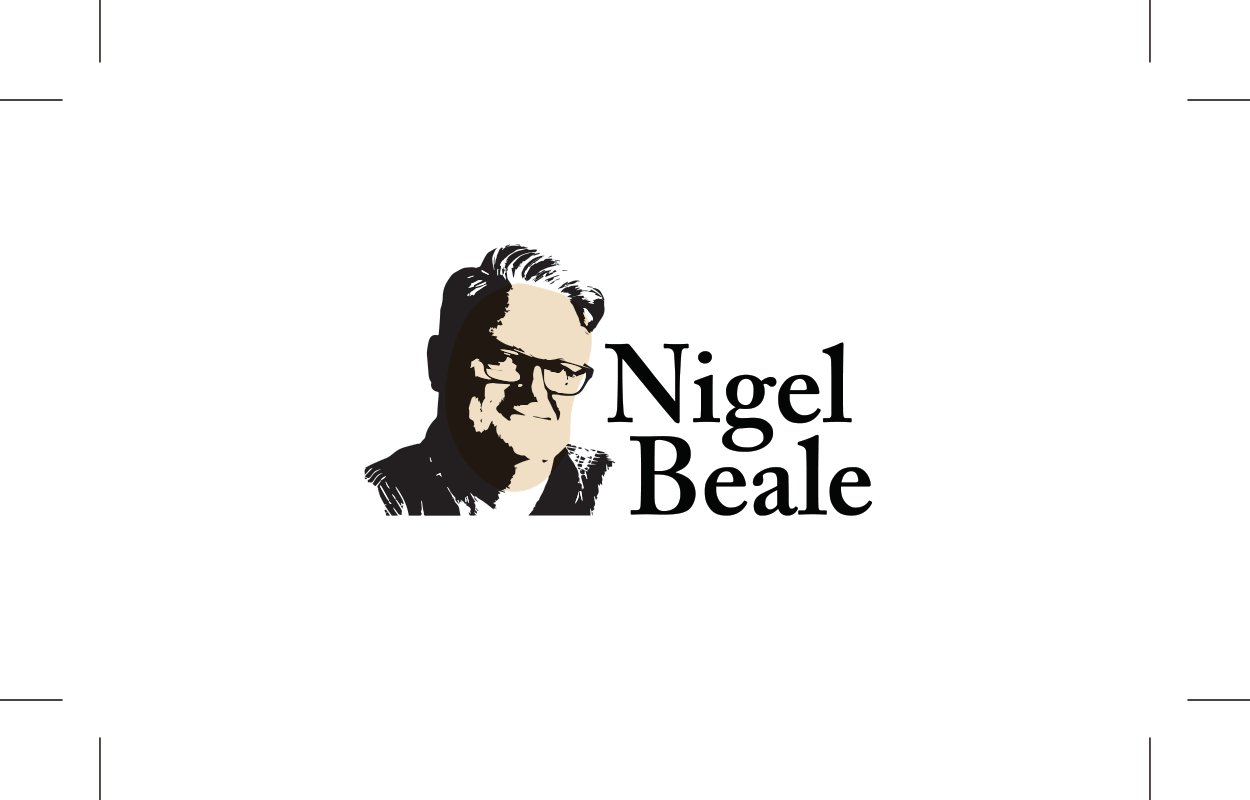Book Review: De Niro's Game by Rawi Hage

First appeared in The Washington Post
A thick helping of recognition was recently served up to the Beirut-born Rawi Hage for his first novel, De Niro's Game winner of the International IMPAC Dublin Literary Award, the world's richest prize ($153,000) for a work of literary fiction. Recognition from a country that knows something about the evils of religion, a theme that resonates throughout this book.
De Niro's Game, which was published in the United States last year, presents a portrait of two childhood friends living in war-torn Beirut during the early 1980s. Juxtaposing edgy imagery with the repetitive calm of beautiful Arabic poetry, the novel explores the lives of Bassam and George, two young men who must choose between staying in Beirut, living a life of stealth and violence, or escaping to alien parts abroad. Bassam dreams of leaving and making lots of money. To pay for his escape he schemes with George to skim proceeds from the local poker arcades, and smuggles bottles of counterfeit whiskey. George, on the other hand, chooses to stay. He is forced into military service and maneuvers his way through the ranks, living a mad-dog existence of sanctioned crime.
Hundreds of thousands of bombs fall in this book as the boys maraud around chasing money and women. It's a hallucinatory vision of how war corrupts everything, even friendship. Written in English, but filled with Arabic poetry and French philosophy, De Niro's Game is an intriguing tri-lingual hybrid that should have appeal worldwide.
Rawi Hage was born in East Beirut in 1964. Though schooled mostly in French by Catholics, he also studied Arabic grammar, literature and poetry. In 1975, falling bombs and the loss of family members shattered his middle-class existence in a prosperous country. But despite the war, he grew up surrounded by books and smoky rooms full of his father's quasi-intellectual friends: a salon with lots of storytelling in it and talk of poems, history, literature and language.
Fascinated by the West, at 18 he went to New York, joining his older brother who was studying there. In many ways, Hage says the city was similar to Beirut, intense, noisy, and crowded. With limited English and his family thousands of miles away, he struggled emotionally, having to live daily with news of bombs dropping at home. Never comfortable in New York, he applied for Canadian residency and moved to Montreal in the early 1990s.During a conversation I had with him at the Blue Met literary festival in Montreal last month he called his novel "an uncompromising look at a place in conflict, from the inside, presented in a true way, with artistic merit." Immediately upon saying this, he expresses concern that it smacks too much of hubris. "What I mean is that only the artists talk about this war. No monuments were raised to commemorate it, too contentious," he says. "There's no consensus between Christians and Muslims on what happened. No truth commission. No one mentions it. People wanted to forget.
"The feel of the novel is frenzied, with sweeping movement and sharp cinematic cuts. Passages of reflection, contemplation and quiet suddenly break into violence. This, explained Hage, is what the war was like for him. "You can't go out because you don't know where the bombs will fall," he says. "There's a madness to it. As a kid you're an uncomprehending observer, filled with a haziness, a mixture of fear and adrenaline, a chemical reaction." Although the movement and shards are exhilarating, at times Rage's technique becomes distracting, incomprehensible, in ways similar to passages in Michael Ondaatje's The English Patient.
Russian roulette, which featured prominently in "The Deer Hunter" (1978) starring Robert De Niro, strongly affected young men in Beirut at the time, Hage explains. A macho attitude mixed with drugs made this deadly practice popular with those in the militia. There was no shortage of guns to play with. Explaining its prevalence, Hage says the game was "an extension of a life of violence that starts out directed at the other and then turns inward, as self-loathing.
"While De Niro's Game is a work of literature, due to its subject matter and the reticence surrounding it, the novel also contributes to history and memory. Hage stays away from conclusions, preferring to present ambiguous, complex characters as representatives of humanity's dark side, which he believes we should all face and talk about. If anything, the book champions secularism and highlights the evil that organized religion, regardless of brand, is capable of. By attacking God so directly the book becomes a statement against all religion, Hage says, against the imposition of narrow standards of morality on society, not just in the Middle East, but around the world.

